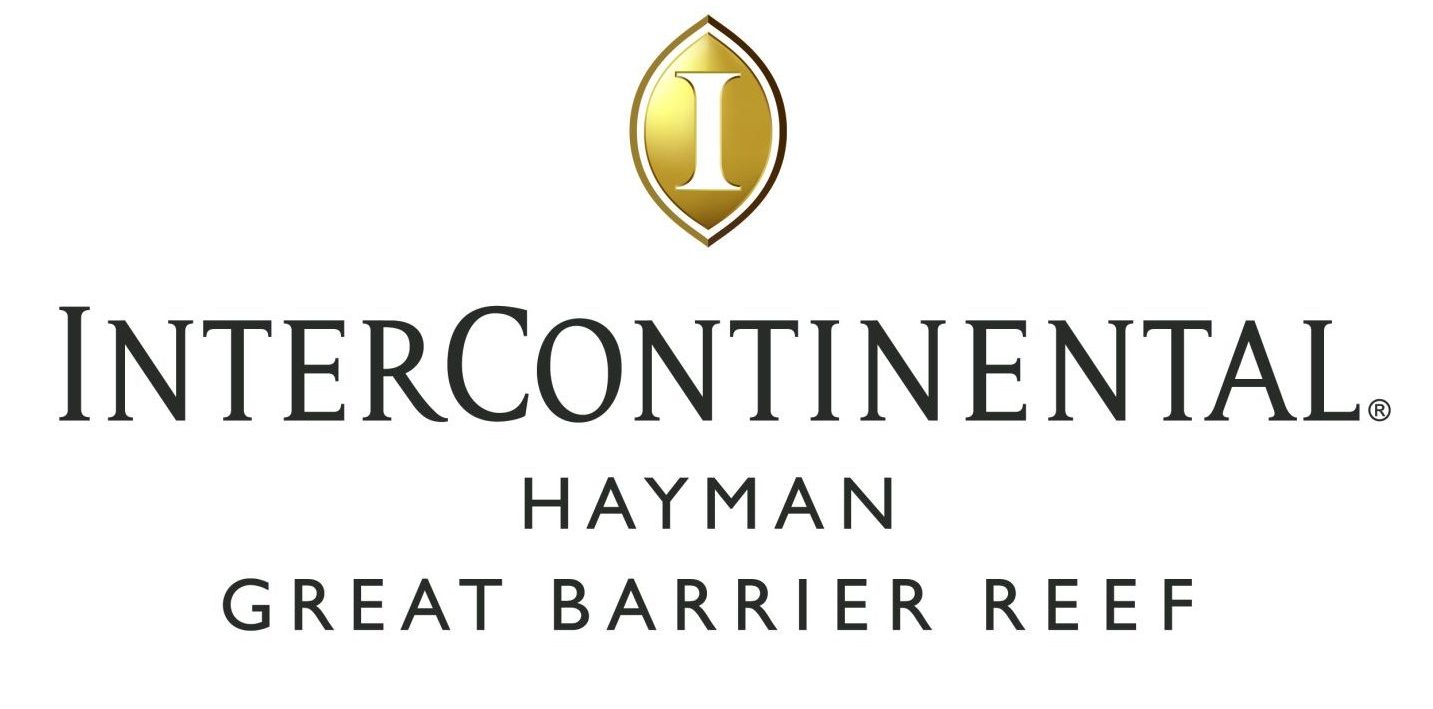Hayman Island’s Story Unveiled
Hayman Island has touched the hearts of travellers for generations. Step back in time as we explore memorable moments in Hayman’s rich history on a journey towards becoming Australia’s most iconic private island.
- 9,000 years ago
- 1866
- 1904
- 1907
- 1931
- 1933
- 1935
- 1936
- 1938
- 1945
- 1947
- 1948
- 1950
- 1959
- 1970
- 1973
- 1981
- 1985
- 1987
- 1998
- 2004
- 2014
- 2017
- 2019
- 2022
- 2024
- 2025
9,000 years ago
The Whitsundays and the neighbouring coastal fringe are the traditional home of the Ngaro Aboriginal people, who are also known as the ‘Canoe People’. Archaelogical research shows that the Ngaro inhabited the Whitsundays for at least the past 9,000 years.
1866
Hayman Island is named by Commander Nares of the “Salamander” in honour of his navigator, Thomas Hayman, Master R.N..
1904
Thomas Abell obtains the lease of Hayman Island and intends to graze cattle.
1907
Abell sells the lease on Hayman and all the saanen goats he had introduced to Boyd Lee for 30 pounds. Boyd Lee was a local legendary character who inspired the author Norman Caldwell to write two books “Titans of the Barrier Reef’ and ‘Fangs of the Sea’.
1931
The lease passes hands again, this time to NSW teacher Monty Embury. Embury starts to offer boat tours to the outer reef to zoologists, scientists and bird watchers.
1933
The first structure is built on Hayman: a biological research laboratory. Accommodation was in tents at camping grounds.
1935
The lot is sold to the Hallam Brothers, Bob and Bert. The brothers establish a fishing resort and the biological research laboratory is converted into dining and recreation rooms.
1936
Impressed by the island’s tropical beauty, American film-maker Zane Grey chooses Hayman as the shoot location for his film, White Death.
1938
A Beach Chalet built on Hayman Island : A single-room, timber-framed, fibro-clad beach holiday house with a corrugated iron roof.
1945
Hayman Hotel – Lounge area of a Hayman Island hotel furnished with split cane chairs and sofas.
1947
Reginald Ansett, one of the pioneers of the aviation industry, steps ashore on Hayman Island. He knows straight away that the tropical island paradise will become a magnificent tourist resort. Ansett purchases the island to build a winter Resort in order to increase the profits of his airline.
1948
Hayman Island, as a tourist resort, closes. The massive project of building a new hotel begins. Ansett applies for a Royal Charter and permission was given to name the new hotel the “Royal Hayman”.
1950
The Royal Hayman is completed and opens on the 4th of July.
1959
The iconic candy-striped train which takes guests from the 1/4 mile long jetty to the Hayman Hotel.
1970
January 17th Cyclone Ada devastates most of the island and its fine facilities. It decimates the boat fleet and costs the lives of three employees. Six months later Hayman Island is back in business.
1973
The Resort is rebuilt after Cyclone Ada.
1981
A $10 million programme is announced to improve and up-grade the resort.
1985
The Royal Hayman closes its doors and a major refurbishment ($300 million) starts.
1987
The resort reopens under the “Hayman” brand after the refurbishment.
Hayman was invited to join Leading Hotels of the World.
1998
Hayman is sold to BT hotel Group and the new owners commence a multi-million dollar enhancement and development program.
2004
Mulpha Australia acquires the Resort and builds the first Residences on the Hayman Hill and upgrade the Hayman Pool and the Infinity Pool.
2014
Hayman reopens under the One & Only brand in 2014, after extensive restoration ($80 million) on the island due to severe impact of Tropical Cyclone Anthony and Cyclone Yasi.
2017
Category four tropical cyclone Debbie hits Hayman Island, the Resort has to close again for extensive restoration.
2019
The Resort reopens under the InterContinental brand after 2.5 years and a $135 million redesign.
2022
InterContinental Hayman Island Resort introduces the Beachfront Pavilions, a new collection of standalone suites. Designed for privacy and exclusively available to adults, the Beachfront Pavilions are set on a private beach away from the Resort.
2024
The frontier of Australian luxury, InterContinental Hayman Great Barrier Reef unveils its new name reinforcing its bond and heritage with the Great Barrier Reef.
2025
For 75 years, Hayman Island has been a jewel of the Whitsundays, offering unparalleled luxury and an immersive connection to the breathtaking beauty of the Great Barrier Reef. To honour this incredible journey, we invite you to join celebration with our exclusive 75th Anniversary Offer – a tribute to our past, present and future as the frontier of Australian luxury.


